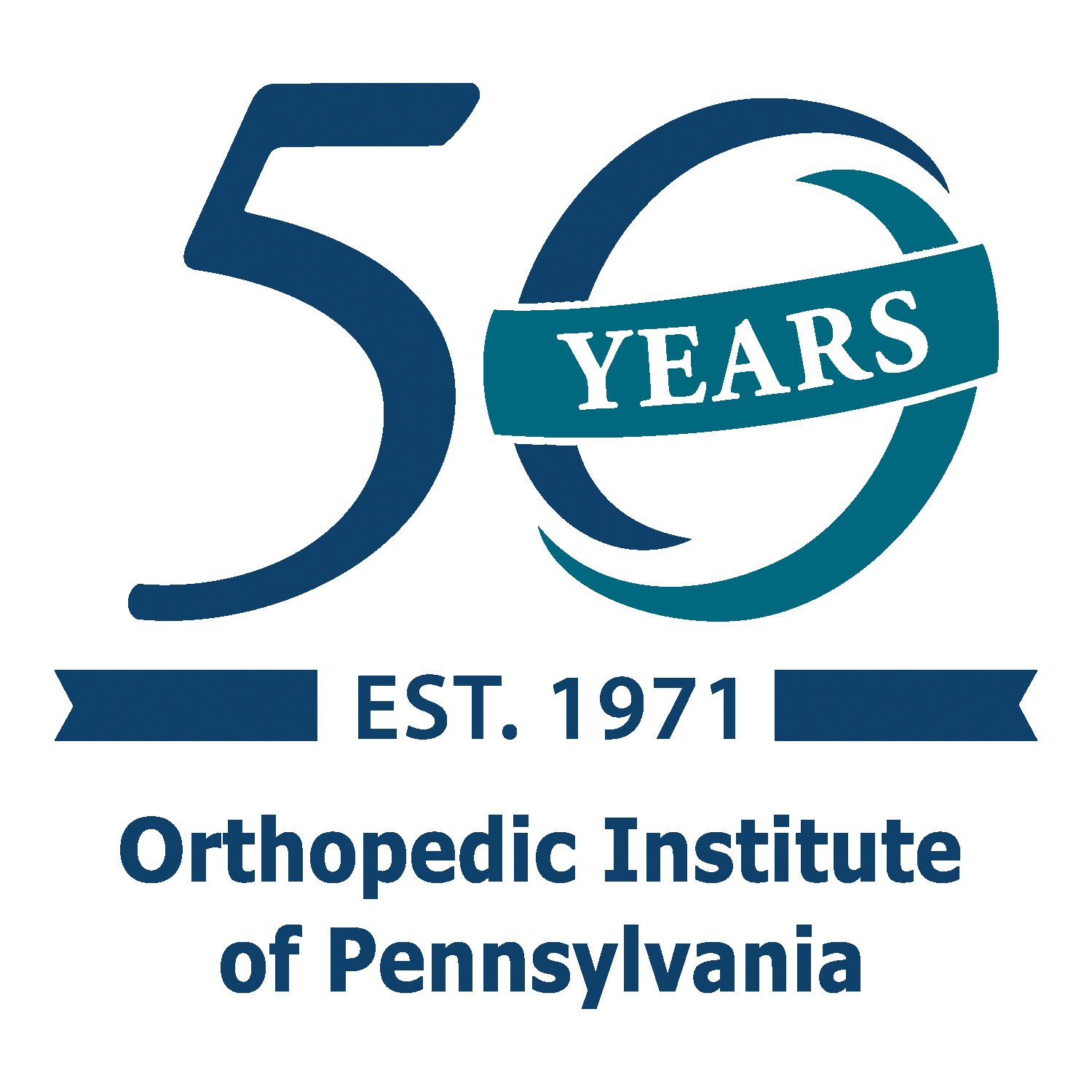Workers’ Compensation Center
The physicians and staff at OIP are experts at caring for patients injured on the job. We understand how important it is for injured workers to fully recover and return to work. To get you back to health faster, we provide on-site workers’ compensation services.
The facts are clear and speak for themselves: work injuries happen, and they happen regularly. According to information from the United States Department of Labor Bureau of Labor Statistics, nonfatal occupational injuries occur to about 107 out of every 10,000 workers.
While that incidence rate may not sound high, when you consider how many people are working in the nation, the numbers start to quickly add up. This is why OIP’s workers’ compensation coordinators and specialists continually see workers’ comp patients from all parts of central PA at our offices in Camp Hill, Harrisburg, Hershey, Millersburg, Newport and Carlisle.
Request an Appointment today at one of our offices. For immediate service, please call our Workers’ Compensation Hotline at 844-OIP-WORK (844-647-9675).


